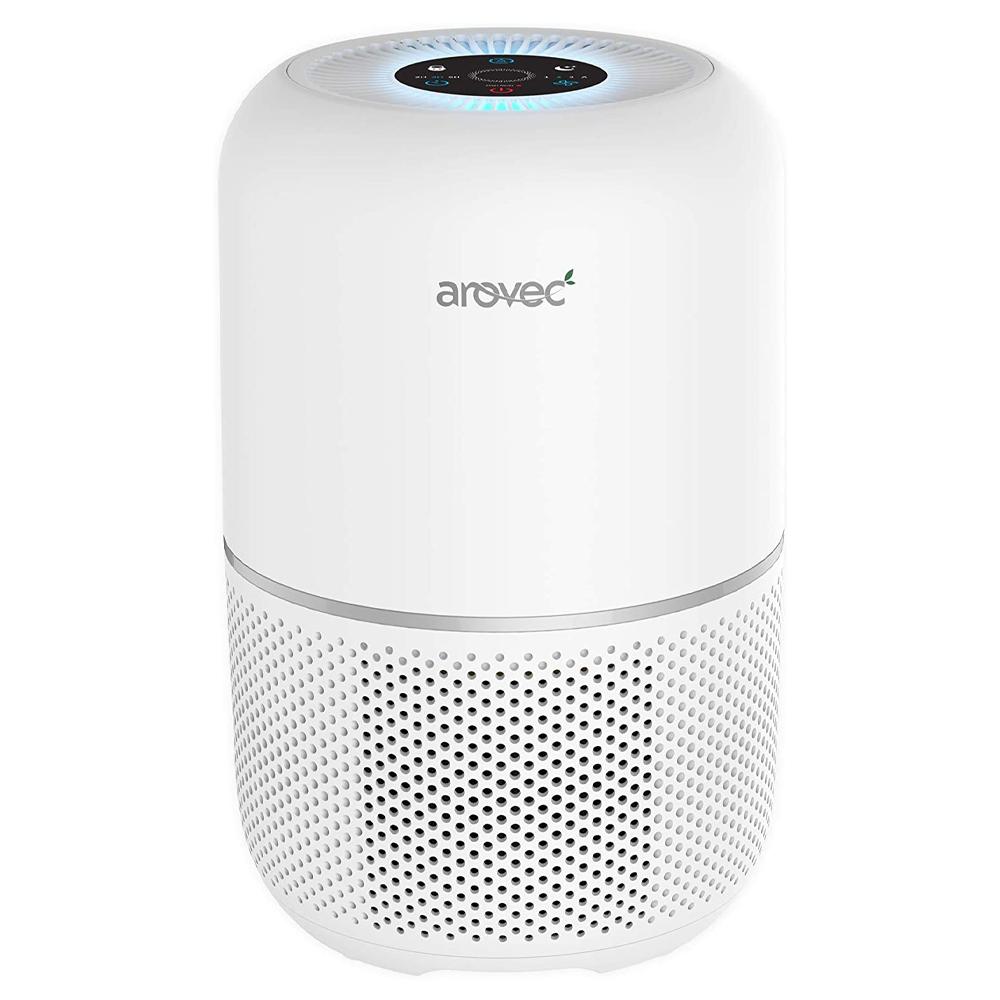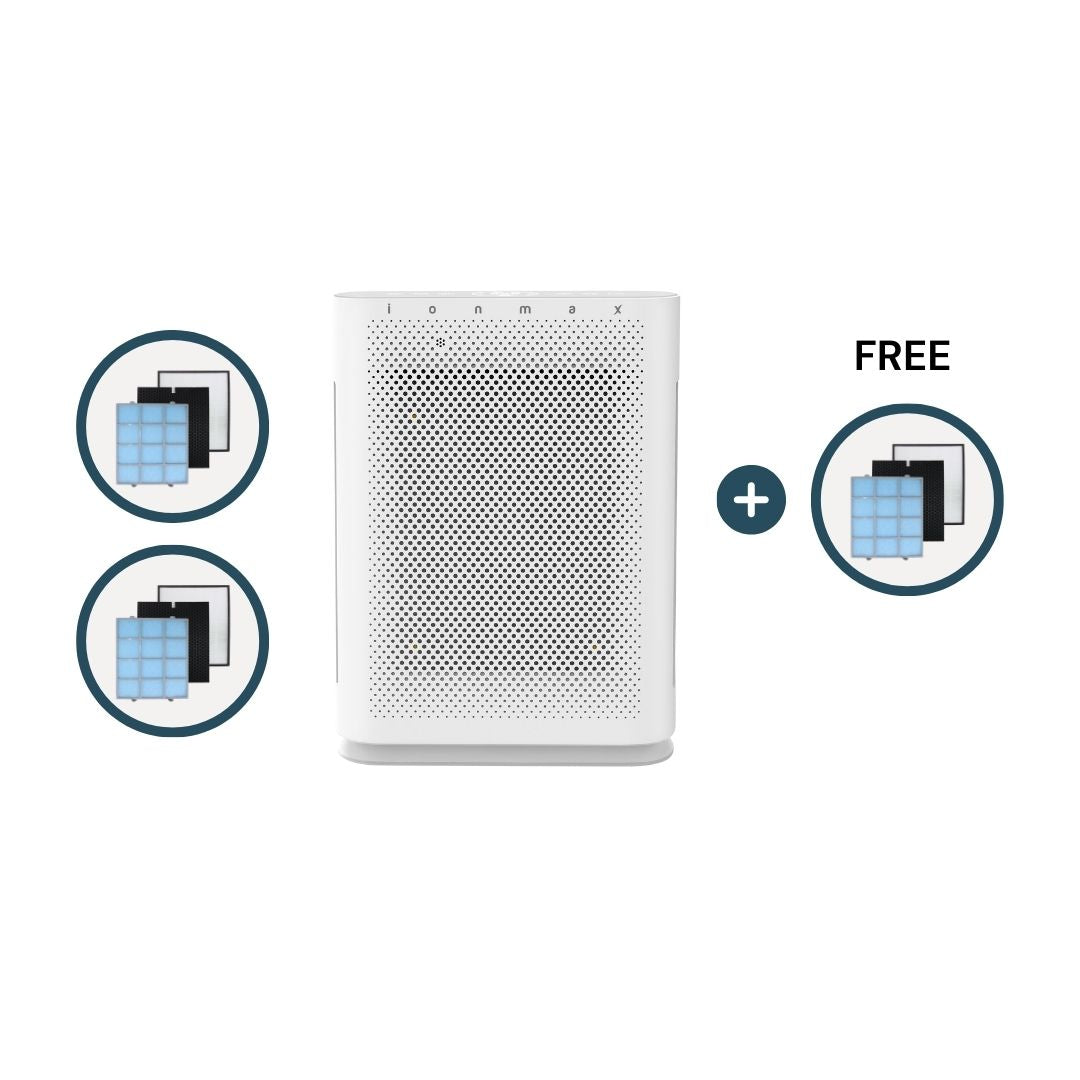Featured
Table of Contents
- – Comprehending Allergic Reactions and Triggers
- – Can Air Purifiers Assist With Allergies?
- – The Scientific Research Behind Air Purifiers ...
- – Are Air Purifiers Right for You? Elements to ...
- – Making the Most of Air Purifiers for Allergies
- – Beyond Air Purifiers: A Multi-Pronged Strategy...
- – Living a Breath Easier Life with Allergies

Air cleansers are typically proclaimed as a service, encouraging cleaner air and alleviation from allergic reaction signs. Are air purifiers truly worth the financial investment for allergy patients?
Comprehending Allergic Reactions and Triggers
To comprehend the function of air purifiers, allow's initial explore allergic reactions and their triggers:
- The Allergic Response: Allergies happen when your immune system overreacts to a harmless substance, like pollen or allergen. This response causes the release of histamines, causing allergic reaction signs and symptoms like sneezing, coughing, scratchy eyes, and a dripping nose.
- Typical Allergens: Indoor irritants include dirt termites, family pet dander, mold and mildew spores, pollen that drifts indoors, and even cockroach irritants. These airborne particles can aggravate your air passages and set off allergy signs and symptoms.
Can Air Purifiers Assist With Allergies?
Air cleansers function by reeling in air, removing contaminants, and launching cleaner air back into the space. Here's exactly how they can potentially profit allergy patients:
- Trapping Allergens: HEPA (High-Efficiency Particulate Air) filters, a typical type made use of in air purifiers, are highly effective at recording airborne allergens like allergen, pet dander, and plant pollen. By getting rid of these triggers from the air you take a breath, air purifiers can help in reducing allergic reaction symptoms.
- Improved Air Top Quality: Air cleansers can also eliminate various other toxic irritants from the air, such as smoke, dust, and unstable natural compounds (VOCs) This total improvement in air quality can be useful for allergic reaction patients that are sensitive to these extra triggers.
The Scientific Research Behind Air Purifiers and Allergies
Researches have actually shown that air cleansers can be practical in decreasing allergy signs. Below's a take a look at some crucial study searchings for:
- A 2019 testimonial published in the journal "Existing Allergy and Bronchial asthma Records" concluded that air cleansers with HEPA filters can be effective in minimizing allergy signs and symptoms and enhancing high quality of life for people with hay fever (hay high temperature)
- A 2018 research released in the journal "Record of Allergic Reaction, Bronchial Asthma & Immunology" found that using an air purifier with a HEPA filter in the room considerably minimized dirt mite irritant levels and boosted sleep quality in people with bronchial asthma.
However, it's essential to note that study also recommends some restrictions:
- Air Purifier Insurance Coverage: Air purifiers are most reliable in the room where they are positioned. Their influence on allergens in various other parts of your house may be minimal.
- Intensity of Allergies: While air cleansers can aid, they might not be a total remedy for serious allergic reactions. Medications and other allergy management approaches may still be necessary.
Are Air Purifiers Right for You? Elements to Take Into Consideration
Here are some crucial factors to consider when determining if an air purifier is worth it for your allergic reactions:
- Intensity of Allergies: If your allergic reactions are moderate and well-controlled with medication, an air purifier might not be needed. For those with modest to severe allergic reactions, an air purifier can be a valuable device in handling signs and symptoms.
- Sorts of Allergens: Think about the primary triggers for your allergies. Air cleansers are most reliable for airborne irritants like dirt termites, pet dog dander, and pollen. They might not be as practical for irritants like mold and mildew that grow on surfaces.
- Way of living and Setting: If you have pet dogs, stay in a location with high plant pollen matters, or have concerns about indoor air top quality, an air purifier can be advantageous.

Making the Most of Air Purifiers for Allergies
If you make a decision to buy an air purifier for allergic reactions, below are some pointers for optimizing its effectiveness:
- Pick a HEPA Filter: Try to find an air purifier with a HEPA filter certified to catch fragments as small as 0.3 microns.
- Right Size for the Room: Guarantee the air purifier has a Clean Air Shipment Price (CADR) that is appropriate for the dimension of the space you prepare to utilize it in.
- Placement Matters: Place the air purifier in the space where you invest the most time, such as your room.
- Normal Filter Upkeep: Replace HEPA filters according to the supplier's directions to maintain ideal performance.
- Combine with Various Other Methods: Air purifiers are not a one-size-fits-all service. Incorporate them with other allergic reaction administration methods like medication, normal cleansing, and allergen-proof bed linen.
Beyond Air Purifiers: A Multi-Pronged Strategy to Allergic Reaction Management

While air purifiers can be an important device in your allergic reaction collection, they are not a magic bullet (If you're looking to buy an Air Purifier then Air Cleaners Australia is the best destination.). A detailed method that integrates air filtration with other techniques is essential to attaining lasting allergy relief. Here are some additional methods to consider:
- Drug: Antihistamines, decongestants, and nasal corticosteroids, recommended by your physician, can properly take care of allergic reaction signs.
- Allergic Reaction Screening and Immunotherapy: Recognizing your details allergens with allergy testing can pave the means for immunotherapy, a therapy that aids desensitize your body immune system to allergens in time.
- Air Top Quality Monitoring: Normal cleaning with a HEPA-filtered vacuum and allergen-specific cleaning products can substantially decrease allergen, pet dog dander, and other irritants in your home.
- Controlling Humidity: Mold flourishes in humid settings. Using a dehumidifier can aid regulate humidity levels and prevent mold and mildew growth, a common indoor allergen.
- Way of living Adjustments: If you have allergies to plant pollen, remaining indoors throughout top pollen seasons and showering after hanging around outdoors can help minimize direct exposure.
- Bed linens and Surfaces: Enclosing pillows and mattresses in allergen-proof covers can dramatically lower allergen direct exposure. Regularly cleaning bed linens in hot water helps get rid of allergens.
Living a Breath Easier Life with Allergies
Remember, handling allergies is a constant process. By understanding your triggers, executing a multi-pronged strategy, and possibly including an air purifier into your technique, you can significantly minimize allergy signs and symptoms and take a breath less complicated.
Extra Considerations:
- Consulting a Medical professional: If your allergies are severe or not well-controlled with medicine and way of life modifications, speak with an allergist for customized suggestions.
- Air Top Quality Surveillance: Take into consideration using an air quality monitor to track irritant levels in your house and adjust your administration techniques appropriately.
- Long-Term Investment: A high quality air purifier can be a long-lasting financial investment in your health and wellness and wellness.
By taking an aggressive strategy and embracing a combination of these techniques, you can develop a much healthier and allergy-friendly environment, enabling you to enjoy a breath easier life.
Table of Contents
- – Comprehending Allergic Reactions and Triggers
- – Can Air Purifiers Assist With Allergies?
- – The Scientific Research Behind Air Purifiers ...
- – Are Air Purifiers Right for You? Elements to ...
- – Making the Most of Air Purifiers for Allergies
- – Beyond Air Purifiers: A Multi-Pronged Strategy...
- – Living a Breath Easier Life with Allergies
Latest Posts
The Best Guide To Can Your Yeti Rambler Survive A Trip Through The Dishwasher?
Some Known Questions About Is The Dishwasher Safe For Yeti Rambler Drinkware?.
Battling the Mold Hazard: Are Air Purifiers Worth It?
More
Latest Posts
The Best Guide To Can Your Yeti Rambler Survive A Trip Through The Dishwasher?
Some Known Questions About Is The Dishwasher Safe For Yeti Rambler Drinkware?.
Battling the Mold Hazard: Are Air Purifiers Worth It?